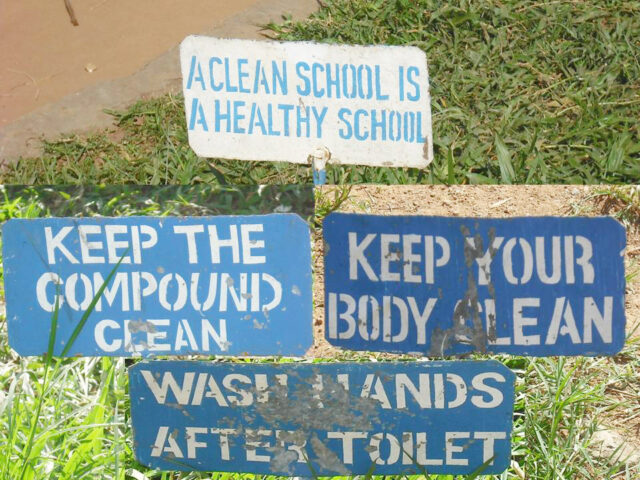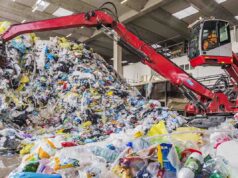By Nathan Kiwere
In 2014, Leonardo DiCaprio gave a speech at the United Nations climate summit, titled, The most urgent of times, and the most urgent of messages.
The speech partly stated: “We only get one planet. Humankind must become accountable on a massive scale for the wanton destruction of our collective home.
Protecting our future on this planet depends on the conscious evolution of our species.”
This message resonates with all of us because we are all responsible for taking care of our environment.
In this three-part series, we shall explore why and how creating awareness about the significance of environment conservation is very critical in all facades of society.
Environmental education
Environmental education is a process that allows individuals to explore environmental issues, engage in problem solving, and take action to improve the environment.
As a result, individuals develop a deeper understanding of environmental issues and have the skills to make informed and responsible decisions.
This page has been dedicated to this purpose; to develop a population that is aware of, and concerned about the environmental and its associated problems, and which has the knowledge, skills, attitudes, motivations and commitment to work individually and collectively towards solutions of current problems about environment.
While the old adage says that charity begins at home, we cannot say the same of the kind of mannerisms that most people have been accustomed to growing up, if the evidence of carelessness about the environment is anything to go by.
We must assume a stand to the effect that the home has failed us on environment and focus of environment education starting from schools.
This is not an unfounded expectation as it has already been experimented in some schools with positive results.
For instance, Hazel Atuwaire was a P.5 pupil in 2017 at Hillside Nursery and Primary School Naalya, a prominent institution in Kampala, when she was first introduced to issues concerning environment.
She recalls vividly what the team that was brought by the school to her class to demonstrate to them the idea of recycling.
“They taught us about the dangers of carelessly disposing certain dangerous materials because of how long they take to break down and the harm they potentially pose to our environment,” she says.
This experience alone changed the way Atuwaire looks at the environment and that it is a lesson she had never learnt from any other source.
“I used to litter, especially throwing rubbish through the car window while travelling, but I have since stopped because I recognised that I was part of the bigger problem,” she says.
As her new approach, she now gathers the rubbish in one place and disposes off once she reaches her destination.
Simple as this may sound, it is the missing link in the creation of mass awareness about environment conservation.
Benefits
Frequently, children are more inclined to not only listen to their teachers, but also take their word as gospel truth.
This may be attributed to the learning environment that is usually predicated on reward and punishment, and this is sometimes unlike the home environment.
Just as in the example of Atuwaire above, if children are introduced to environmental education at a tender age, they are likely to grow up respecting their environment.
This resonates with what the Bible says in Proverbs 22:6, “Train up a child in the way he should grow, and when he is old, he will not depart from it.”
By exposing kids to environmental education, their imagination and enthusiasm about conservation are heightened.
It is not uncommon to find sign posts in most school compounds reading: “Do not trespass in the grass.”
After several years schooling in such an environment, it is unlikely that such students will need such signs to keep other spaces in order.
I have also seen such signposts used by the city authorities in a bid to protect green areas in Kampala but ironically, people simply ignore them and create paths right adjacent to the signs.
Absurdly, the people that bend these rules are usually not children but adults!
That is why the future of environmental conservation lies with the young ones. It will be difficult to change the mindsets of the older population, but there is still a chance to salvage what remains.
Like Theodore Roosevelt once said, “There is nothing more practical in the end than the preservation of beauty.”






















